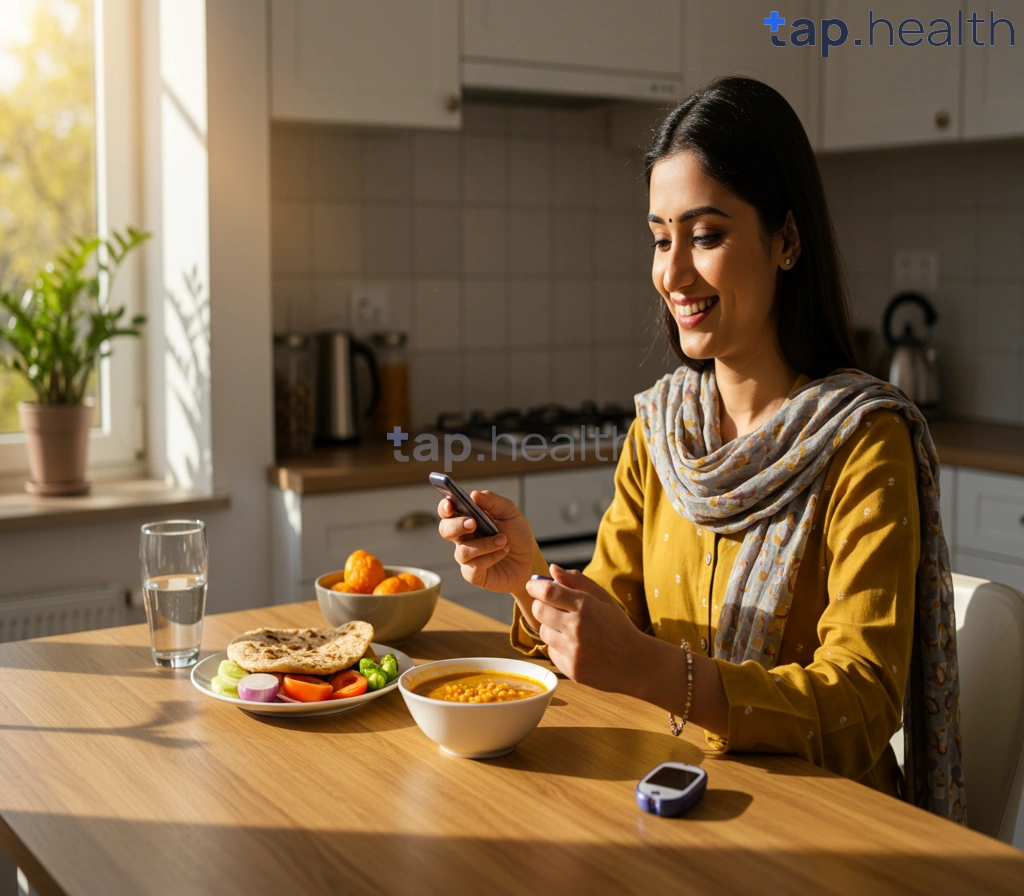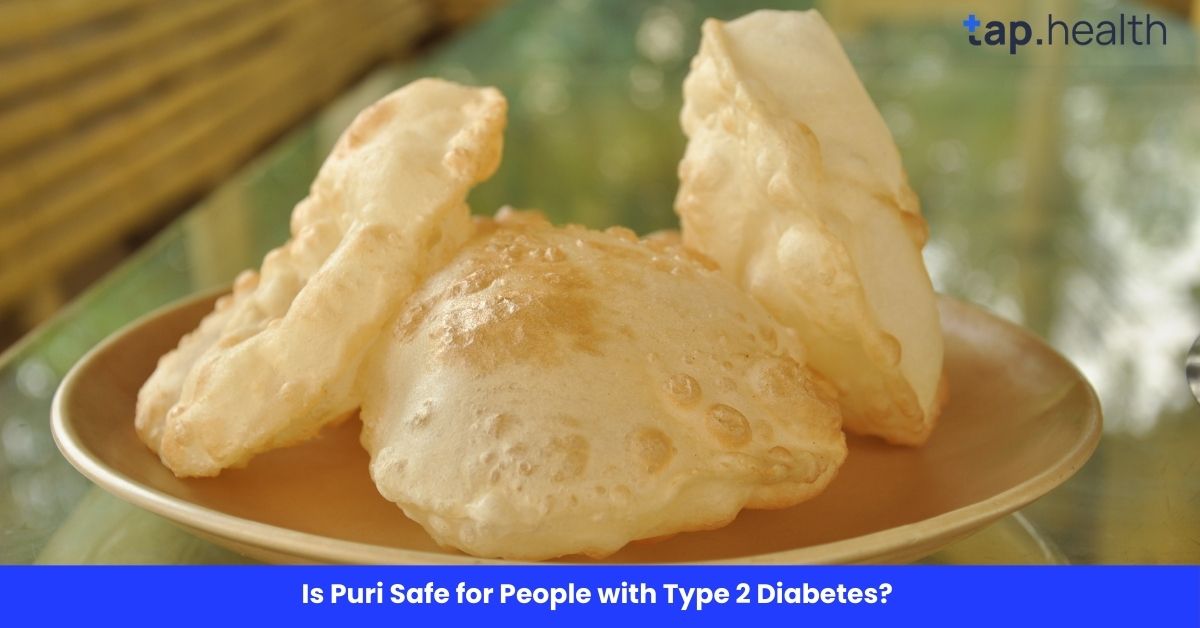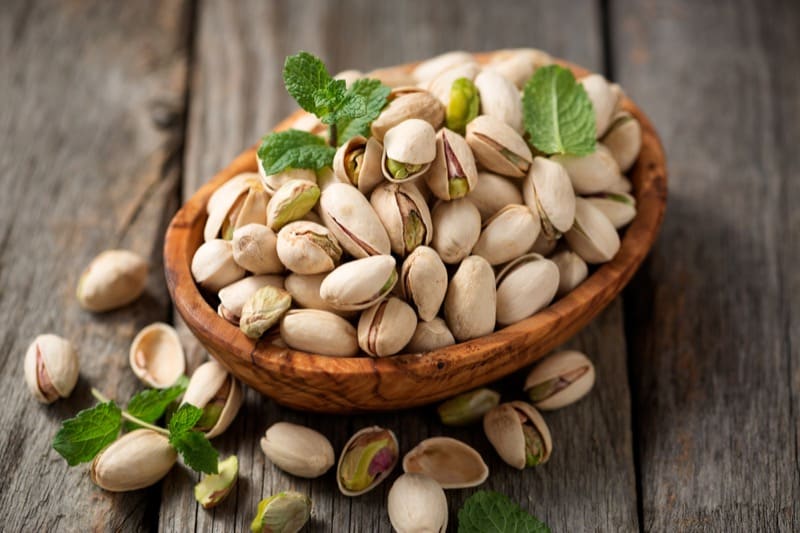Table of Contents
- Ramadan Fasting with Diabetes: A Complete Guide
- Diabetes and Ramadan: Tips for Safe Fasting
- Managing Your Diabetes During Ramadan: Expert Advice
- Can I Fast with Diabetes During Ramadan? A Practical Guide
- Balancing Blood Sugar and Faith: A Guide to Ramadan for Diabetics
- Frequently Asked Questions
- References
Ramadan is a time of spiritual reflection and renewal for millions of Muslims worldwide, but for those living with diabetes, fasting presents unique challenges. Successfully navigating this holy month requires careful planning and a proactive approach to managing blood sugar levels. This blog post will explore the crucial topic of Diabetes and Ramadan: Managing Fasting Safely, providing practical advice and essential information to help you observe Ramadan while prioritizing your health. We’ll cover everything from pre-Ramadan consultations with your doctor to adjusting medication and meal timings. Let’s delve into how to make this a healthy and fulfilling Ramadan for you.
Ramadan Fasting with Diabetes: A Complete Guide
Ramadan presents a unique challenge for people with diabetes, especially in hot, humid climates like India. The heat itself can affect blood sugar, making careful planning absolutely crucial. Remember, a normal fasting blood sugar is 70–99 mg/dL; 100–125 mg/dL suggests prediabetes, and 126 mg/dL or higher indicates diabetes. Knowing these numbers is key, before, during, and after your fast.
Essential Steps for Safe Fasting
Before starting your fast, talk to your doctor or a diabetologist. They’ll help create a personalized plan that accounts for your specific diabetes type, medications, and overall health—this might involve adjusting insulin or oral medication. Regular blood sugar checks are essential, especially before Suhoor (pre-dawn meal) and after Iftar (sunset meal). Watch out for hypoglycemia symptoms like dizziness, sweating, or shakiness. And stay super hydrated throughout non-fasting hours with water, fresh juices, and electrolyte drinks—especially important in the heat!
Dietary Considerations
During Suhoor and Iftar, focus on a balanced diet: complex carbs, lean protein, and healthy fats. Skip sugary drinks and refined carbs; choose foods that release energy slowly. Smaller, more frequent meals can help keep your blood sugar stable. Think of incorporating fiber-rich Indian staples like lentils and vegetables—they’re great for blood sugar regulation. For more dietary advice, check out our blog on How to Lose Weight with Diabetes Diet Plan.
Seeking Expert Advice
Managing diabetes during Ramadan needs careful attention. It’s vital to consult healthcare professionals familiar with the needs of diabetics in tropical climates. Don’t hesitate to reach out to your doctor or a local support group for personalized guidance. Your health is paramount, and a well-planned approach ensures a meaningful Ramadan. And if you’re traveling, our blog on Traveling with Diabetes offers helpful tips.
Diabetes and Ramadan: Tips for Safe Fasting
Ramadan presents a unique balancing act for people with diabetes, especially in warmer climates. Managing blood sugar during a fast requires careful planning, especially considering that a significant portion of those living with diabetes are between 20 and 64—a highly active demographic. Let’s face it: neglecting this can lead to serious health issues.
Planning Ahead is Key
Before you begin your fast, a chat with your doctor or a certified diabetes educator is essential. They’ll help tailor a plan to your specific needs, considering your age, diabetes type, medication, and overall health. This might include adjusting insulin doses or oral medications, and creating a dietary roadmap to keep your blood sugar steady. And remember, hydration is your best friend, particularly in hot weather. Think of it like this: your body is a finely tuned machine, and Ramadan requires recalibration.
Monitoring: Your Blood Sugar’s Best Friend
Regular blood sugar checks are crucial. Aim for readings before Suhoor (your pre-dawn meal), before Iftar (breaking your fast), and at bedtime. Keep a log – it’s your personal data report for your doctor. Notice any significant swings or concerning symptoms? Break your fast and seek help immediately. This is especially important for older adults, a considerable portion of the diabetic population, who are more vulnerable.
Food for Thought: Dietary Strategies
Your Suhoor meal should be your powerhouse: complex carbs, fiber, and lean protein will keep you energized. Steer clear of simple sugars and processed foods—they’re blood sugar rollercoaster tickets. Your Iftar meal should be equally balanced, starting with dates and water to rehydrate. Then gradually add other healthy foods. Consider working with a registered dietitian for personalized guidance, considering both your needs and the regional climate. For extra tips, check out this helpful guide on broader diabetes management.
Remember, consistent communication with your healthcare team is paramount—before, during, and after Ramadan. Prioritizing your health will make your spiritual journey both safe and fulfilling.
Managing Your Diabetes During Ramadan: Expert Advice
Ramadan presents a unique challenge for people with diabetes, especially in warmer climates like India. Long fasting hours can significantly impact blood sugar levels, making careful planning essential. Let’s explore how to manage your diabetes safely and confidently during this special month.
Smart Carbohydrate Choices
Think of your carbohydrate intake as fuel for your body. Aim for roughly 45-60 grams per meal—this is a general guideline, and your doctor can help you personalize it based on your needs and medication. During Ramadan, strategically distribute this carbohydrate intake between Suhoor (pre-dawn meal) and Iftar (breaking-the-fast meal). Suhoor is key—focus on complex carbohydrates like whole grains (think oats or brown rice), fruits, and vegetables to keep your energy levels stable throughout the day. Imagine it as a slow-release energy source, preventing those mid-day dips.
Medication & Monitoring: A Crucial Partnership
Before Ramadan starts, a chat with your doctor is non-negotiable. They can adjust your insulin dosage or medication schedule to fit your fasting pattern. Regular blood sugar monitoring is vital, particularly during the initial fasting days. Carrying a glucose meter and healthy snacks (like a banana or some glucose tablets) can prevent those scary hypoglycemic episodes. Staying hydrated is also super important, especially in hot climates. Avoiding common diabetes management mistakes (this helpful link) will go a long way.
Local Flavors, Healthy Choices
Incorporate easily digestible, local foods rich in fiber and nutrients into your Suhoor and Iftar meals. Think of the abundance of tropical fruits: mangoes, bananas, and dates are great sources of energy and electrolytes. Pay attention to how your body feels, and adjust your meals accordingly. Don’t hesitate to reach out to your healthcare provider for guidance. Remember, a healthy Ramadan is a happy Ramadan! And as we age, managing diabetes may present new challenges; learn more about managing it through the years by visiting this resource.
Can I Fast with Diabetes During Ramadan? A Practical Guide
Ramadan presents a unique challenge for people with diabetes, particularly in hot climates like India. The added stress of fasting, coupled with high temperatures, can be tough, especially considering that over 60% of Indians with diabetes also manage hypertension. This dual diagnosis requires careful planning. Let’s explore how to navigate Ramadan safely.
Assessing Your Health Before Fasting
Before you begin your fast, a chat with your doctor is non-negotiable. They’ll check your blood sugar, blood pressure, and overall health to determine if fasting is suitable. If you have poorly controlled diabetes, kidney disease, or severe hypertension, you might need to modify your fasting plan or even seek an exemption. Regular blood sugar monitoring throughout Ramadan is crucial—think of it as your fasting buddy! Different fasting approaches exist, and understanding their implications is vital; check out our article on intermittent fasting and diabetes for more information.
Managing Blood Sugar During Fasting
The key is stable blood sugar. This means smart meal planning! Focus on low-glycemic index foods during Suhoor (pre-dawn meal) and Iftar (post-sunset meal). Think whole grains, lean protein, and plenty of vegetables. Staying hydrated is just as crucial, especially in warmer climates. Ditch the sugary drinks and opt for water, herbal teas, or unsweetened beverages. Dehydration can significantly impact blood sugar levels, so drink plenty. If you’re also aiming for weight management, our guide on healthy weight management with diabetes may be helpful.
Seeking Expert Guidance
Remember, this is just a guide. Every individual’s needs are unique. A personalized plan from your doctor or a certified diabetes educator is vital. They can help adjust medications, tailor meal plans, and help you navigate potential complications. Prioritizing your health is paramount. A little planning and professional guidance can ensure a safe and fulfilling Ramadan.
Balancing Blood Sugar and Faith: A Guide to Ramadan for Diabetics
Ramadan presents a unique challenge for people with diabetes, especially in India’s hot, humid climate. Managing blood sugar during a long fast requires careful planning and close collaboration with your doctor. The heat and dehydration add extra layers of complexity – it’s like trying to navigate a tricky trail while carrying extra weight. And, let’s be real, the added stress doesn’t help either. We know that studies show smokers with diabetes face a doubled risk of cardiovascular issues; so this time of year calls for an extra dose of self-care.
Essential Considerations for Diabetic Fasting
Staying hydrated is absolutely crucial in India’s climate. Dehydration throws your blood sugar levels out of whack, leading to potentially dangerous swings. Think of it like this: your body needs water to process everything smoothly, including glucose. Regular blood glucose monitoring is a must, particularly before dawn and after sunset meals. Work closely with your doctor to adjust your insulin or medication accordingly. Aim for small, frequent meals packed with complex carbohydrates (think whole grains, not white bread!), lean proteins, and healthy fats. Sugary drinks and processed foods are your enemy – they trigger those dreaded blood sugar spikes. Don’t forget about cholesterol management; check out our guide on How to Manage Cholesterol Levels with Diabetes? for some helpful tips.
Practical Tips for Safe Fasting
Prioritize sleep – aiming for at least 7 hours – and stress management. Both massively impact blood sugar. Light exercise during non-fasting hours can also make a difference. Break your fast with a balanced meal featuring slow-releasing carbohydrates to prevent those sudden blood sugar jumps. Remember, open communication with your healthcare provider is key. Don’t hesitate to reach out if you’re concerned about anything. A registered dietitian can create a personalized plan, tailored to your individual needs and the challenges of Ramadan in your area. Following a plan like the one in our Diet Chart for Diabetic Patients can make a big difference.
Frequently Asked Questions on Diabetes and Ramadan
Q1. Can I fast during Ramadan if I have diabetes?
Consult your doctor before Ramadan to determine if fasting is safe for you, considering your diabetes type, medication, and overall health. A personalized plan might be necessary, and you may need to modify or forgo fasting.
Q2. How can I manage my blood sugar levels while fasting during Ramadan?
Maintain a balanced diet during your pre-dawn (Suhoor) and sunset (Iftar) meals, focusing on complex carbohydrates, lean proteins, and healthy fats. Avoid sugary drinks and refined carbs. Regular blood sugar monitoring is crucial, especially before Suhoor and after Iftar. Stay well-hydrated throughout non-fasting hours.
Q3. What dietary recommendations are essential for safe fasting with diabetes?
During Suhoor and Iftar, prioritize complex carbohydrates (whole grains, fruits, vegetables), lean proteins, and healthy fats. Avoid simple sugars and processed foods. Smaller, more frequent meals can help stabilize blood sugar. Consult a registered dietitian for a personalized plan.
Q4. What are the potential risks of fasting with diabetes, and how can I mitigate them?
Risks include hypoglycemia (low blood sugar), dehydration, and potentially dangerous blood sugar fluctuations. Regular monitoring, a balanced diet, and adequate hydration are crucial. If you experience dizziness, sweating, or shakiness, break your fast immediately and seek medical help.
Q5. What steps should I take before, during, and after Ramadan to ensure safe fasting?
Before: Consult your doctor to create a personalized plan, potentially adjusting medications. During: Regularly monitor your blood sugar levels, stay hydrated, and follow your dietary plan. After: Continue monitoring and follow up with your doctor to assess your overall health.
References
- A Practical Guide to Integrated Type 2 Diabetes Care: https://www.hse.ie/eng/services/list/2/primarycare/east-coast-diabetes-service/management-of-type-2-diabetes/diabetes-and-pregnancy/icgp-guide-to-integrated-type-2.pdf
- Diabetes Mellitus: Understanding the Disease, Its Diagnosis, and Management Strategies in Present Scenario: https://www.ajol.info/index.php/ajbr/article/view/283152/266731



